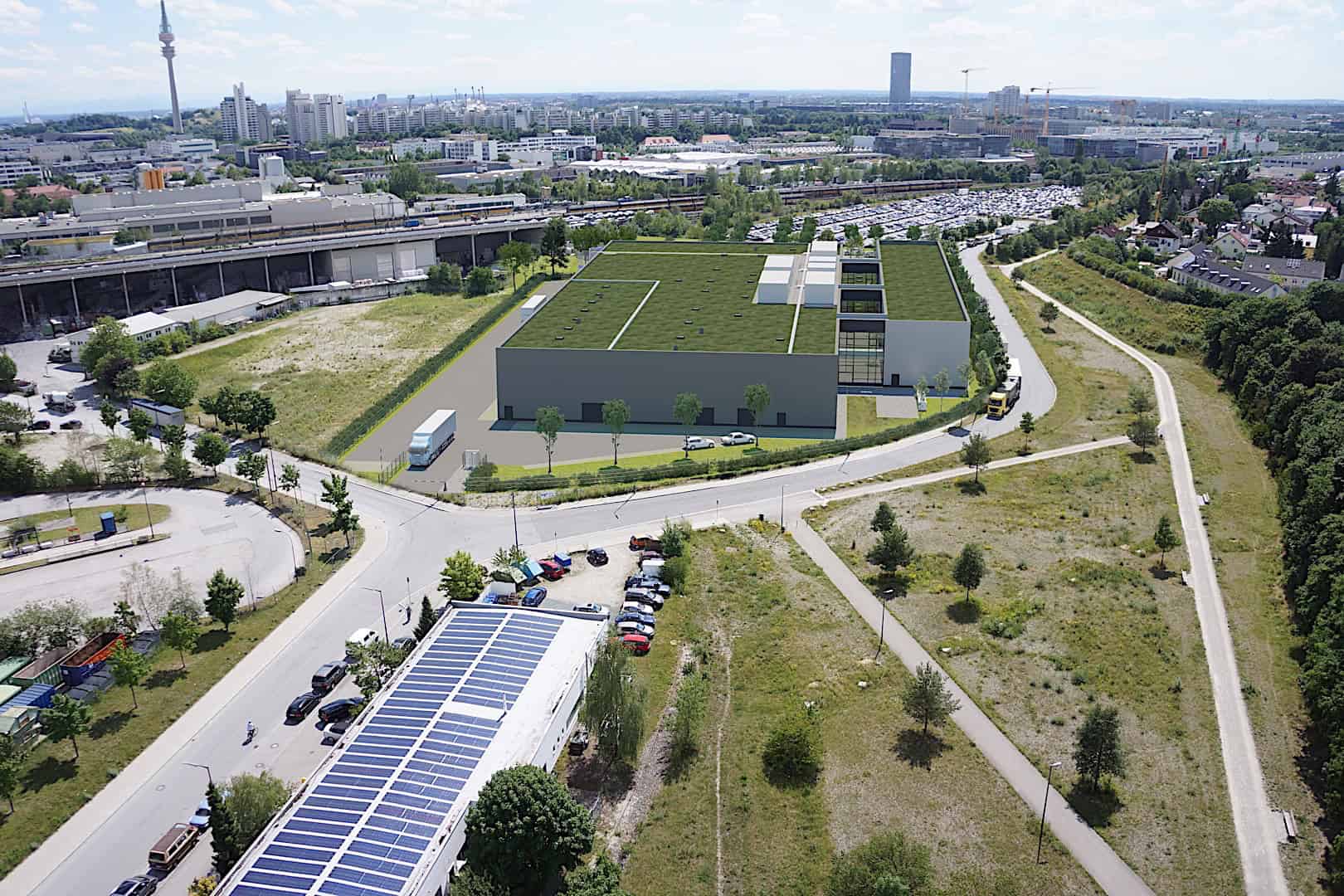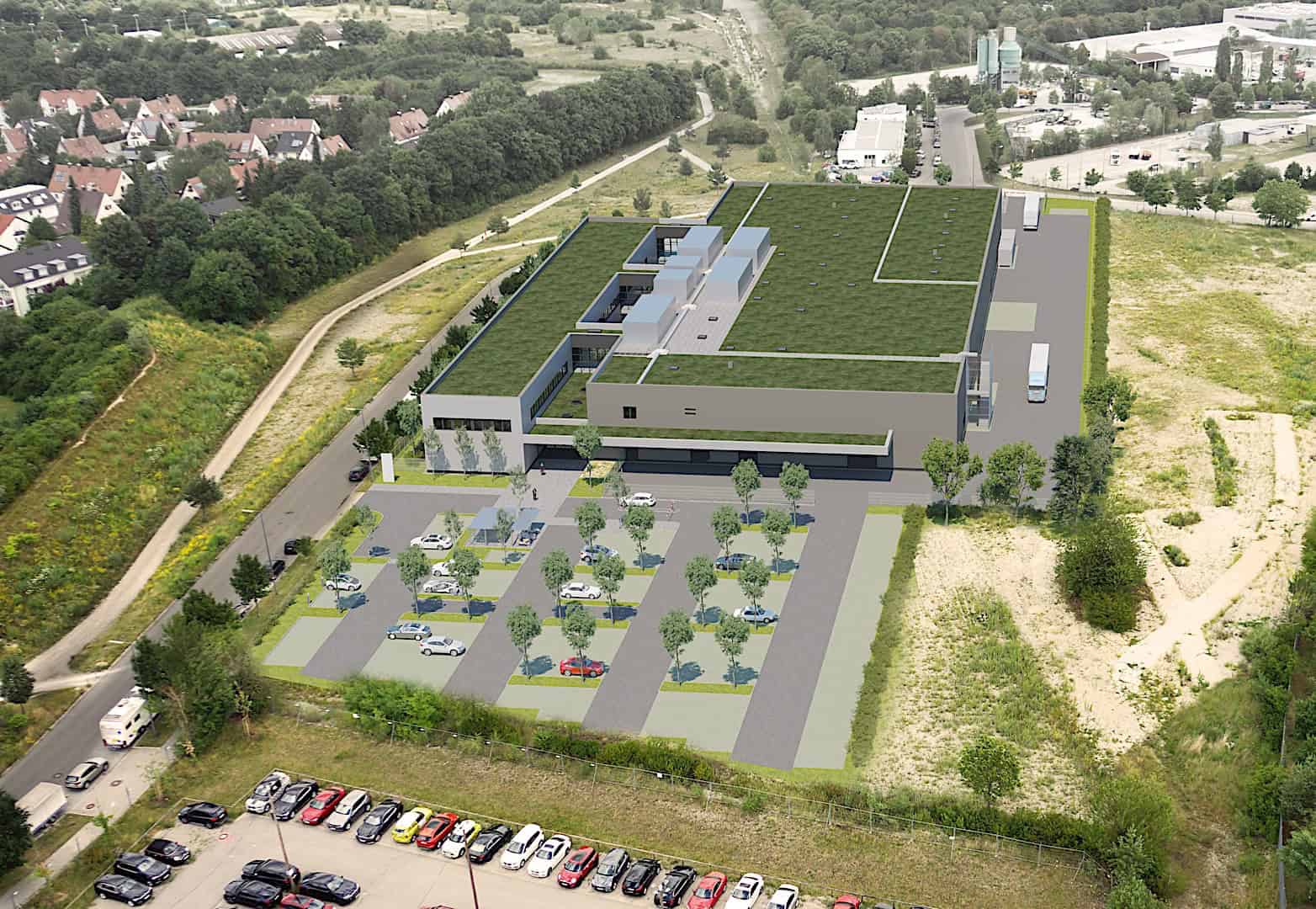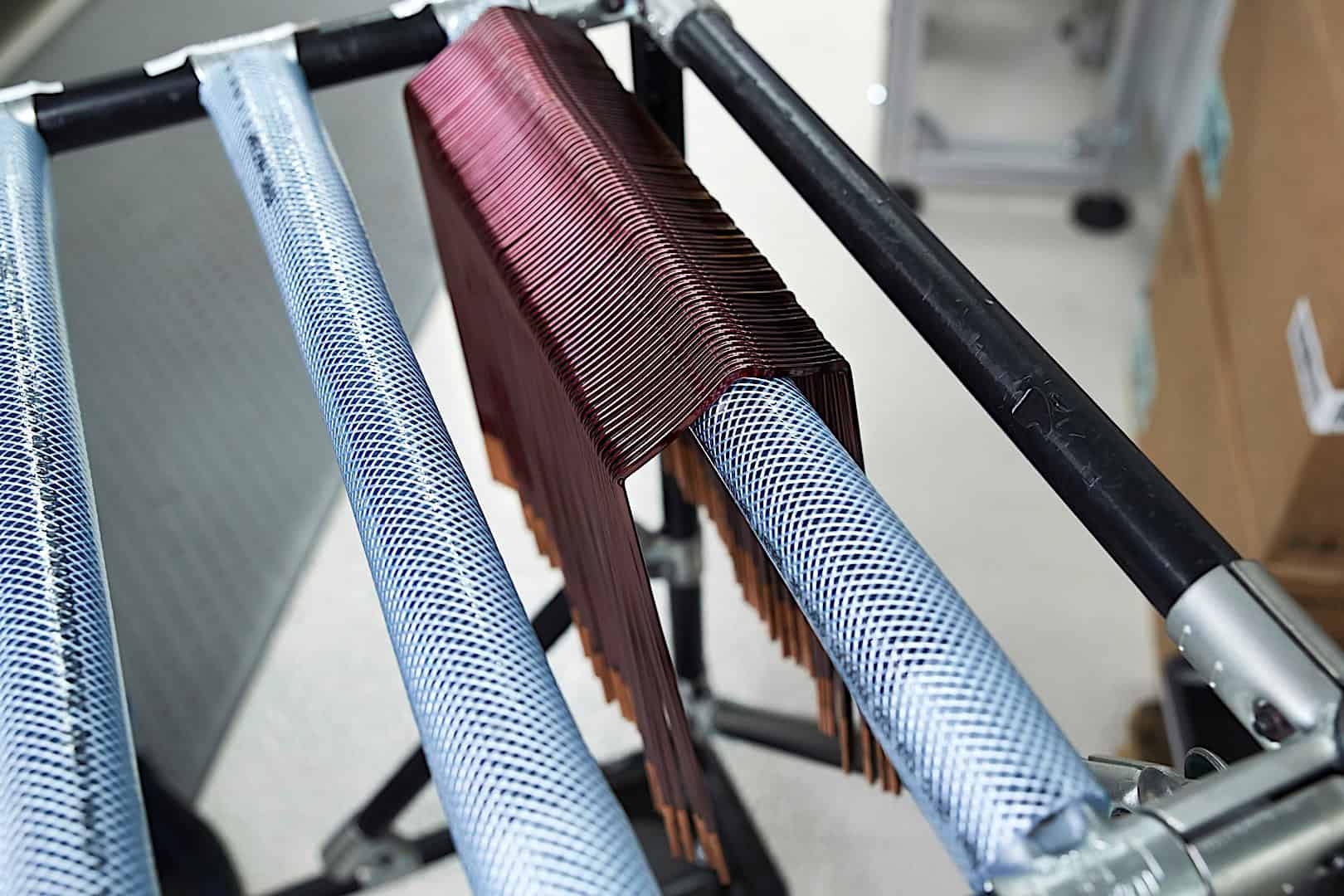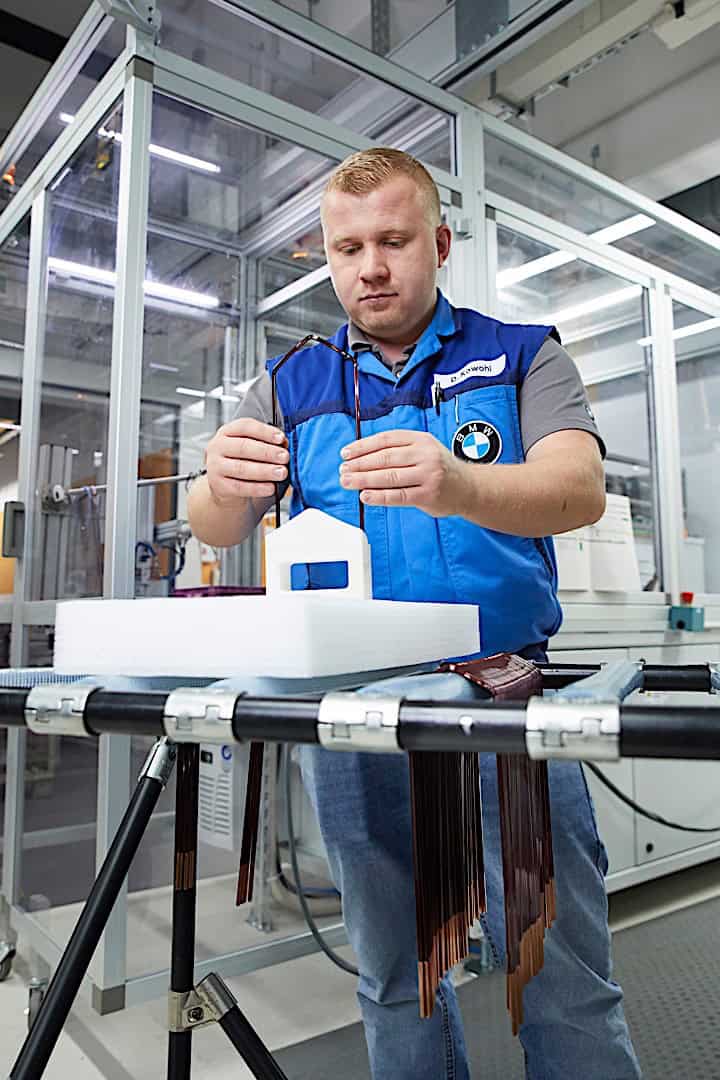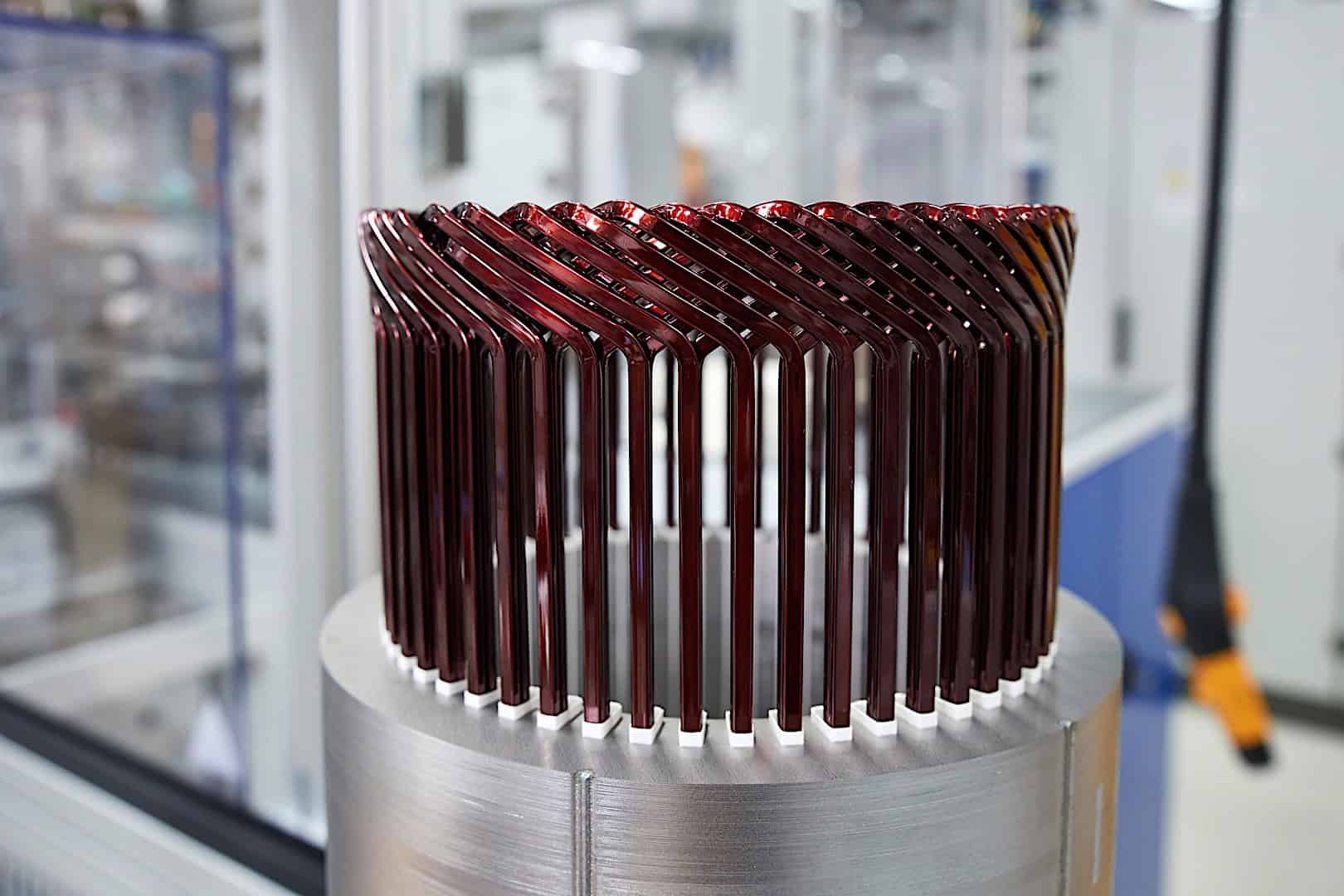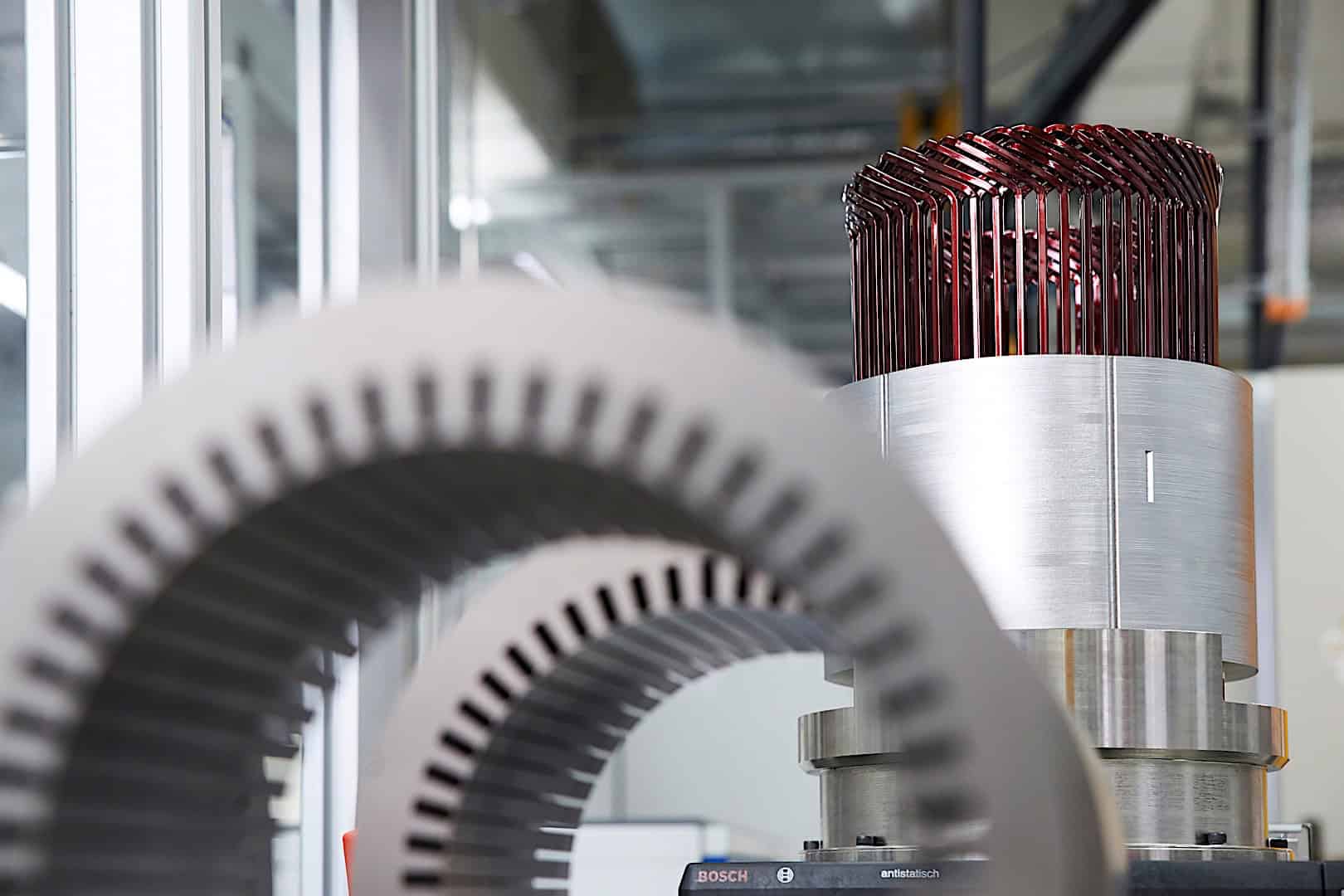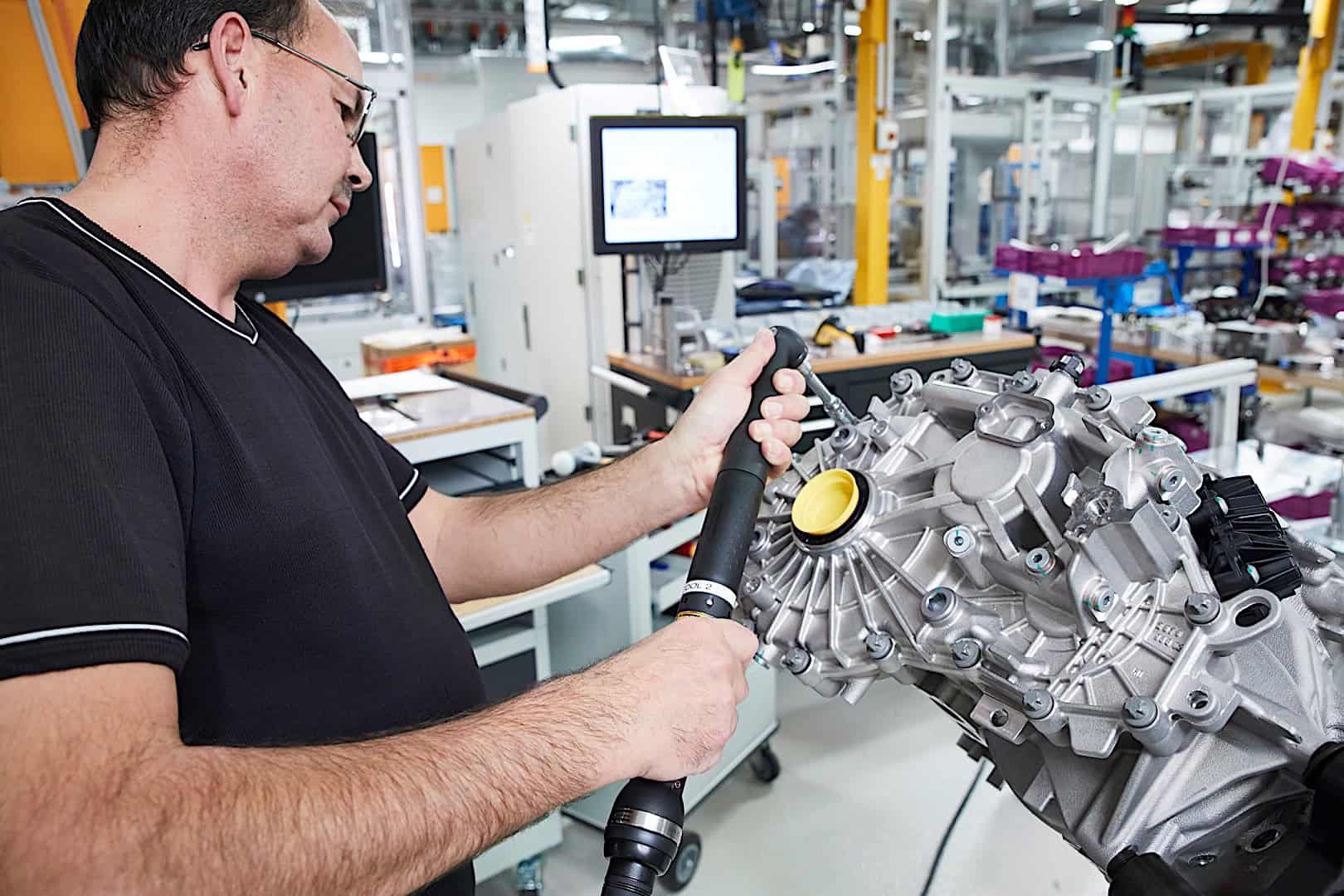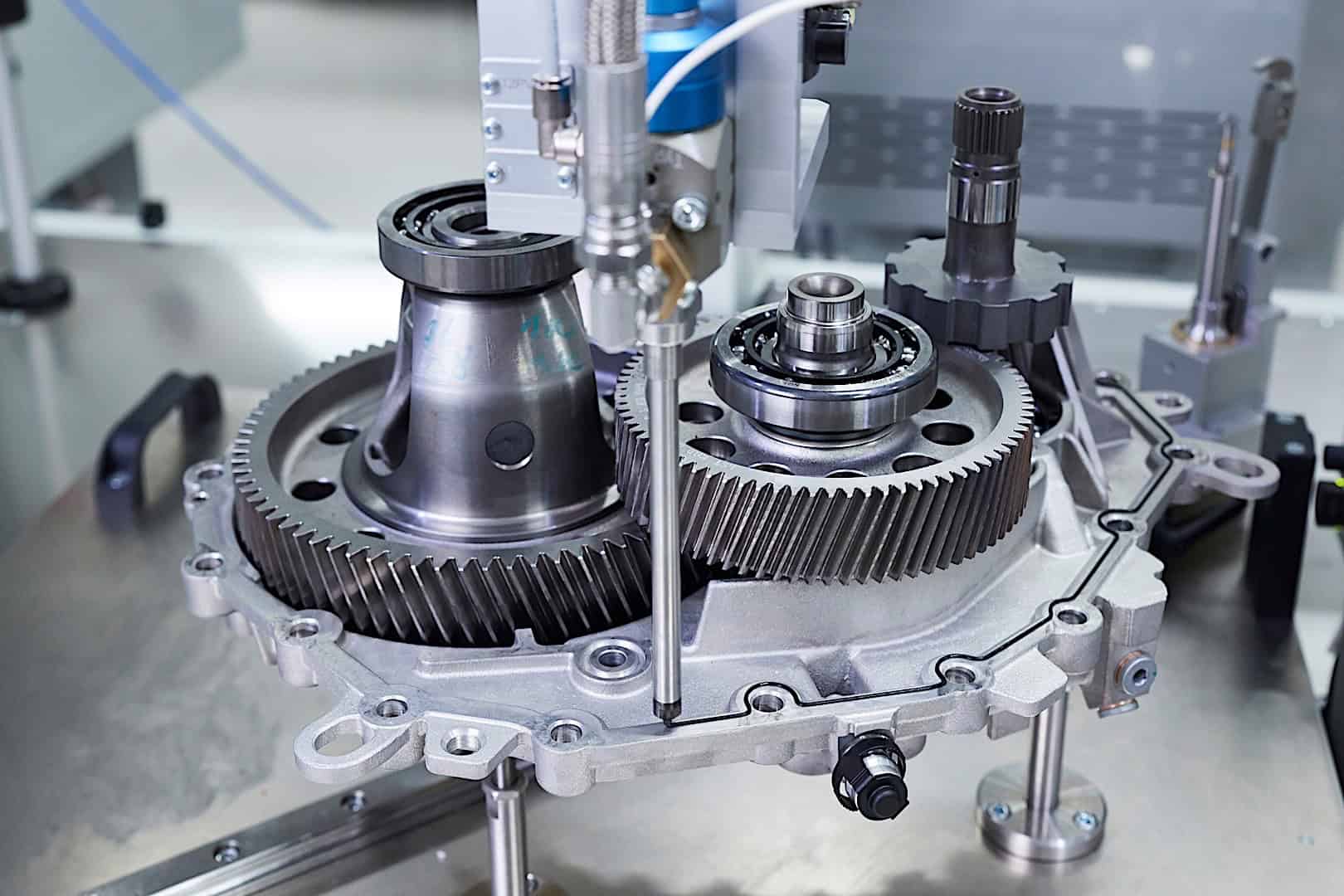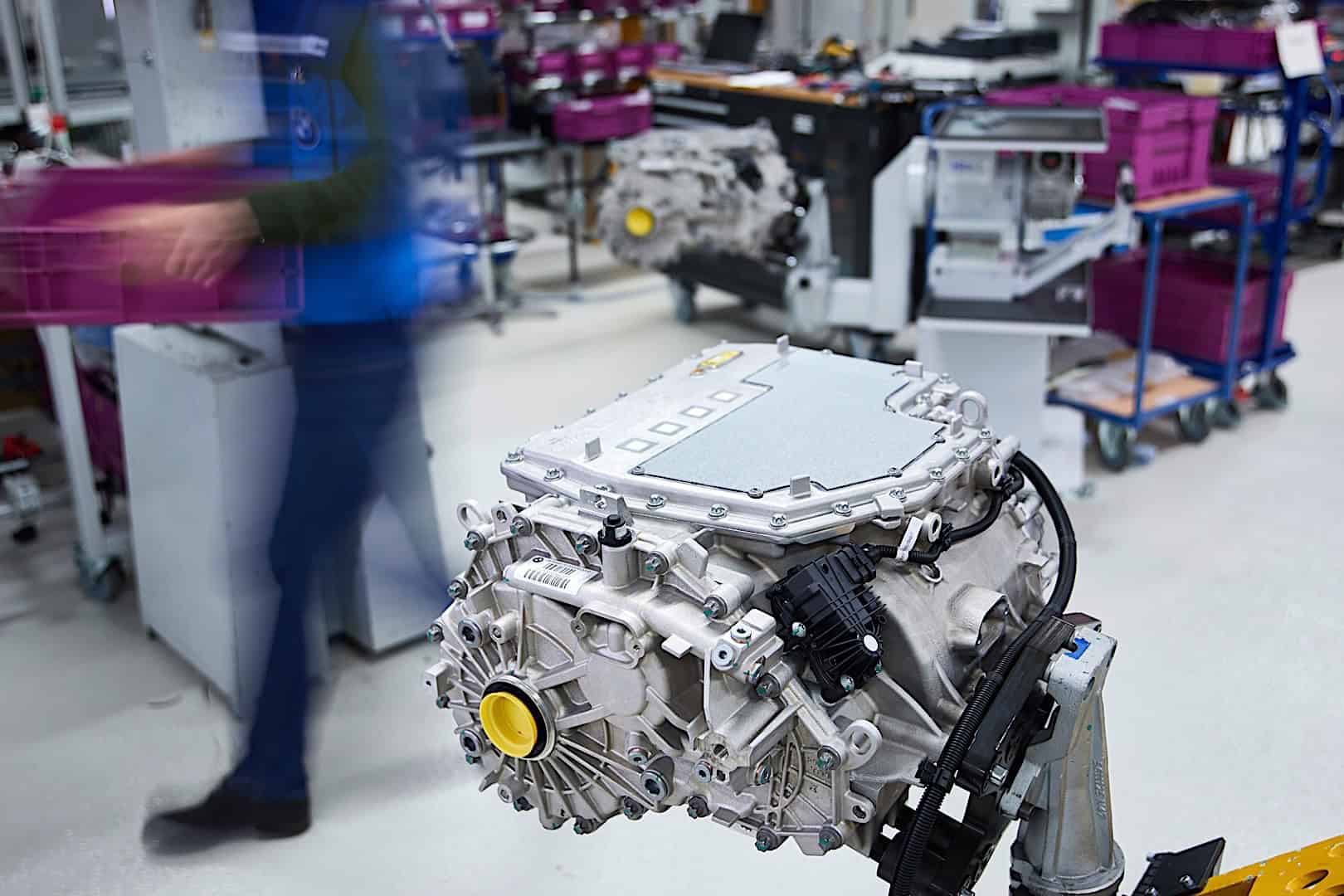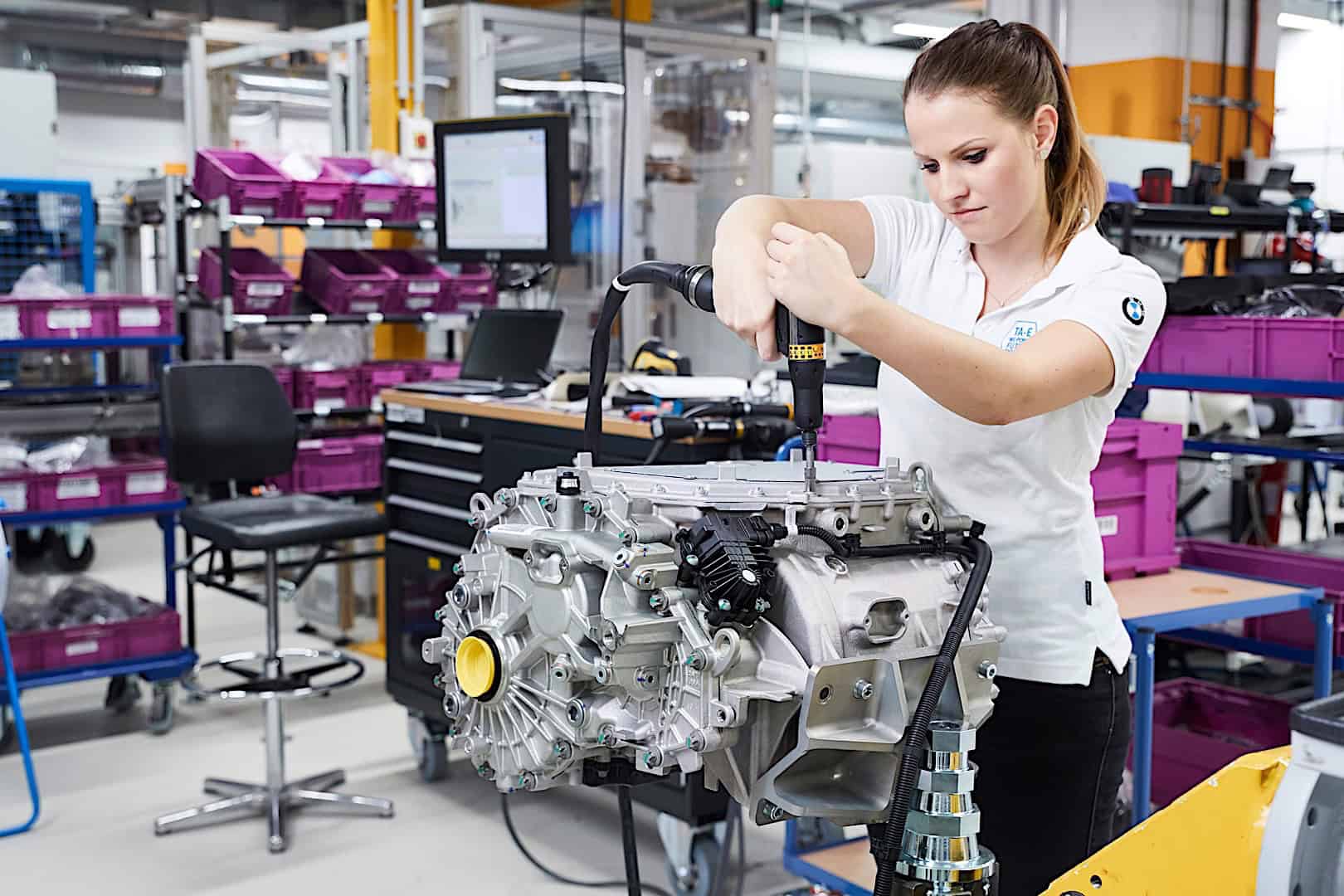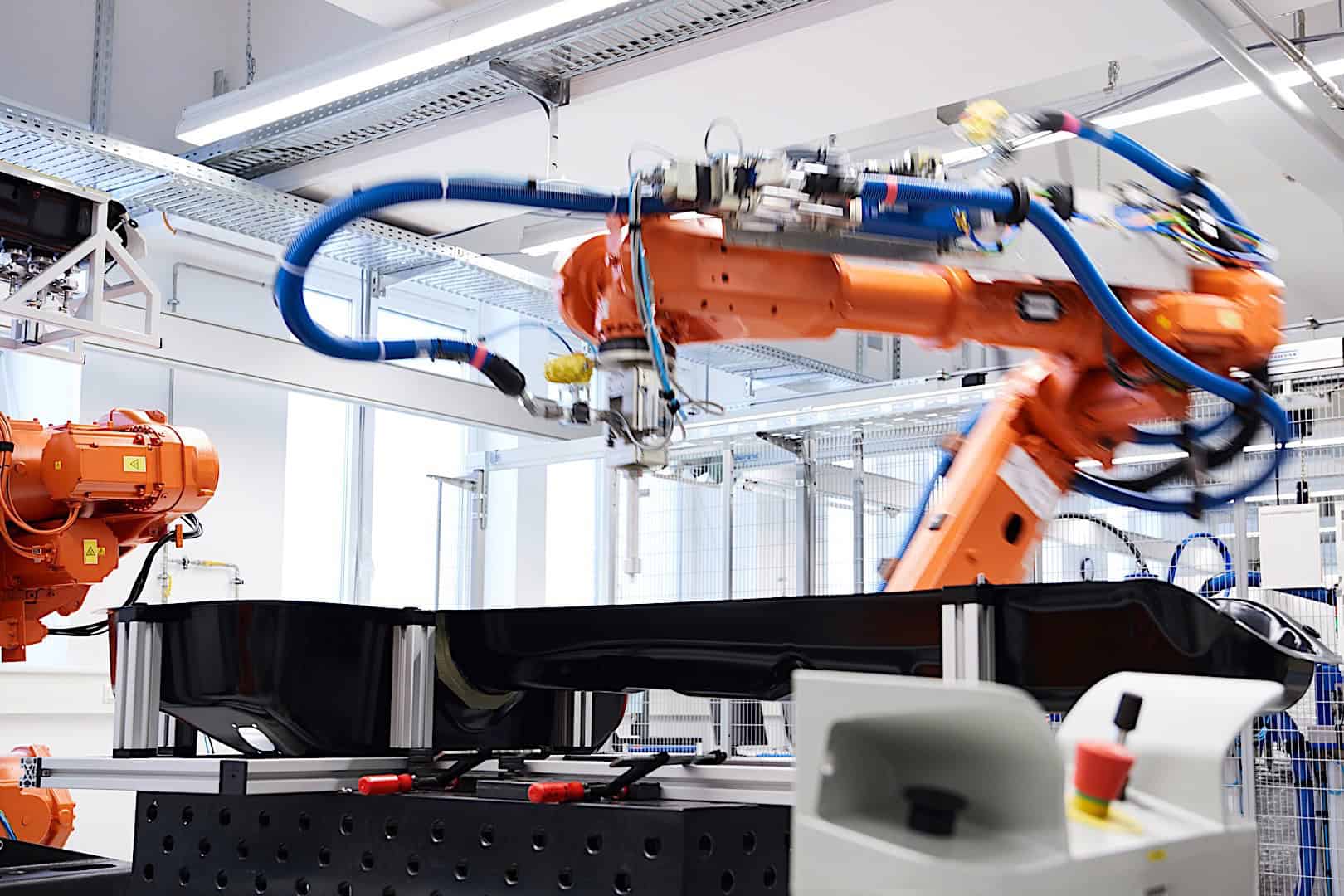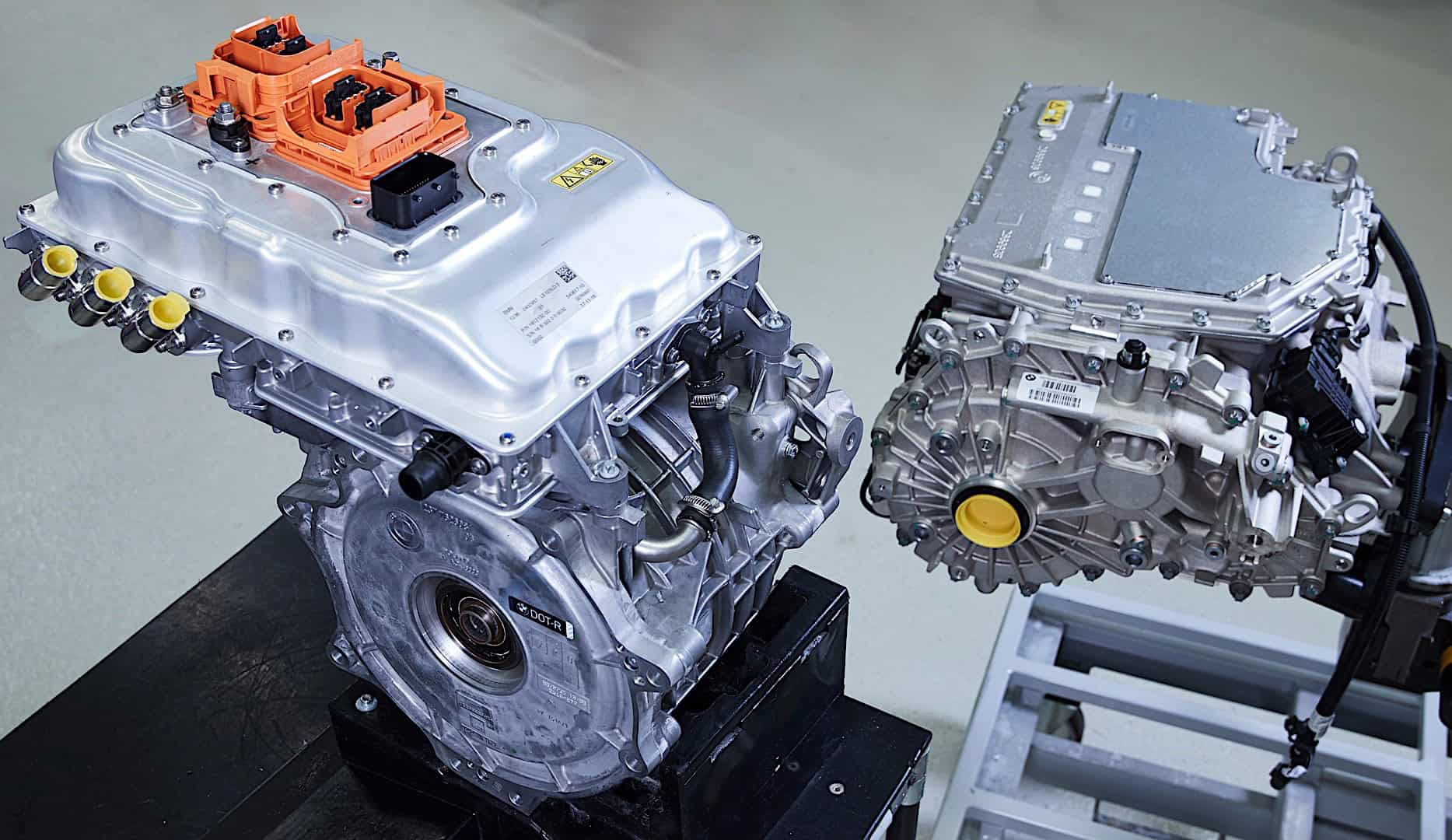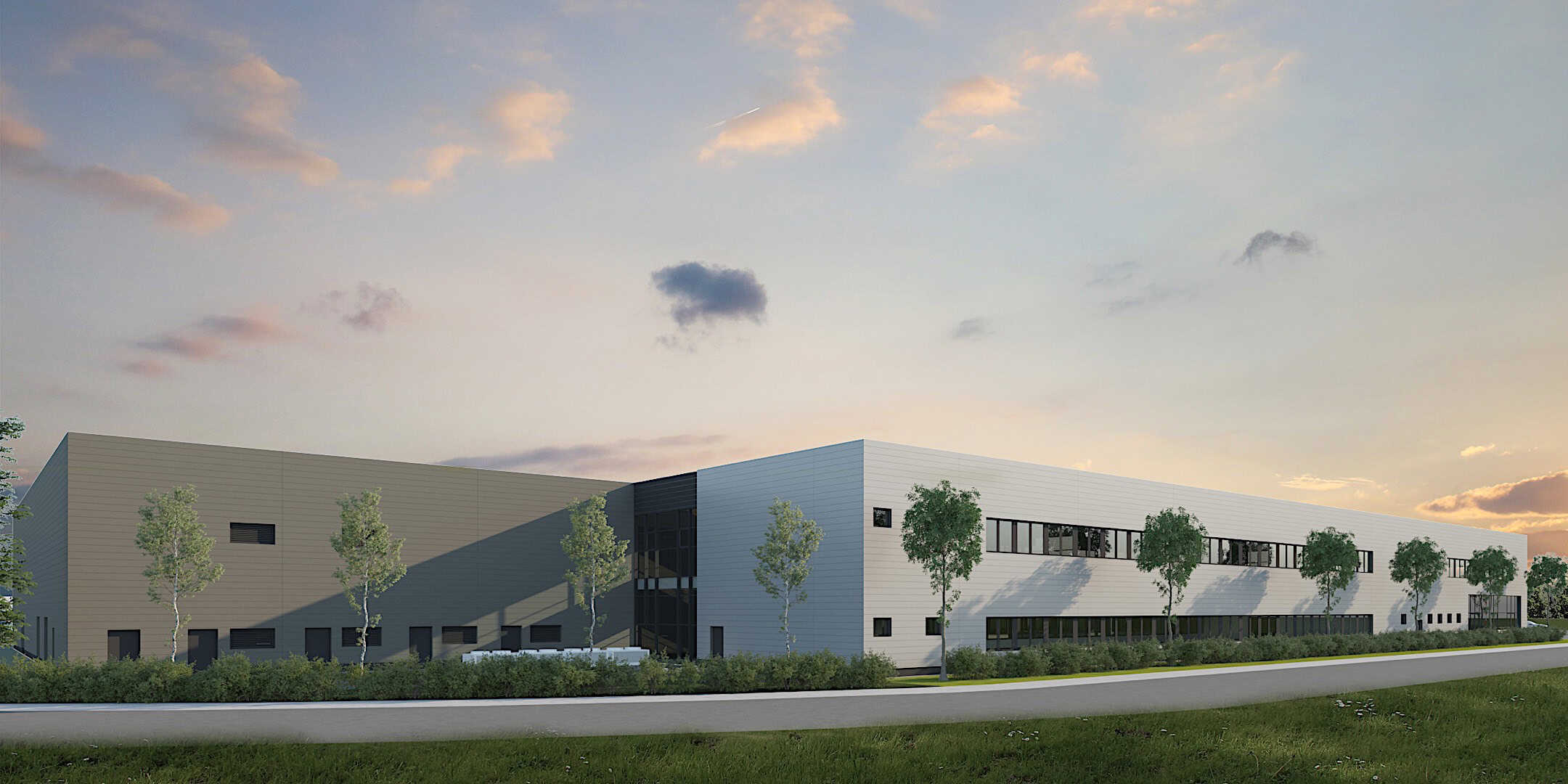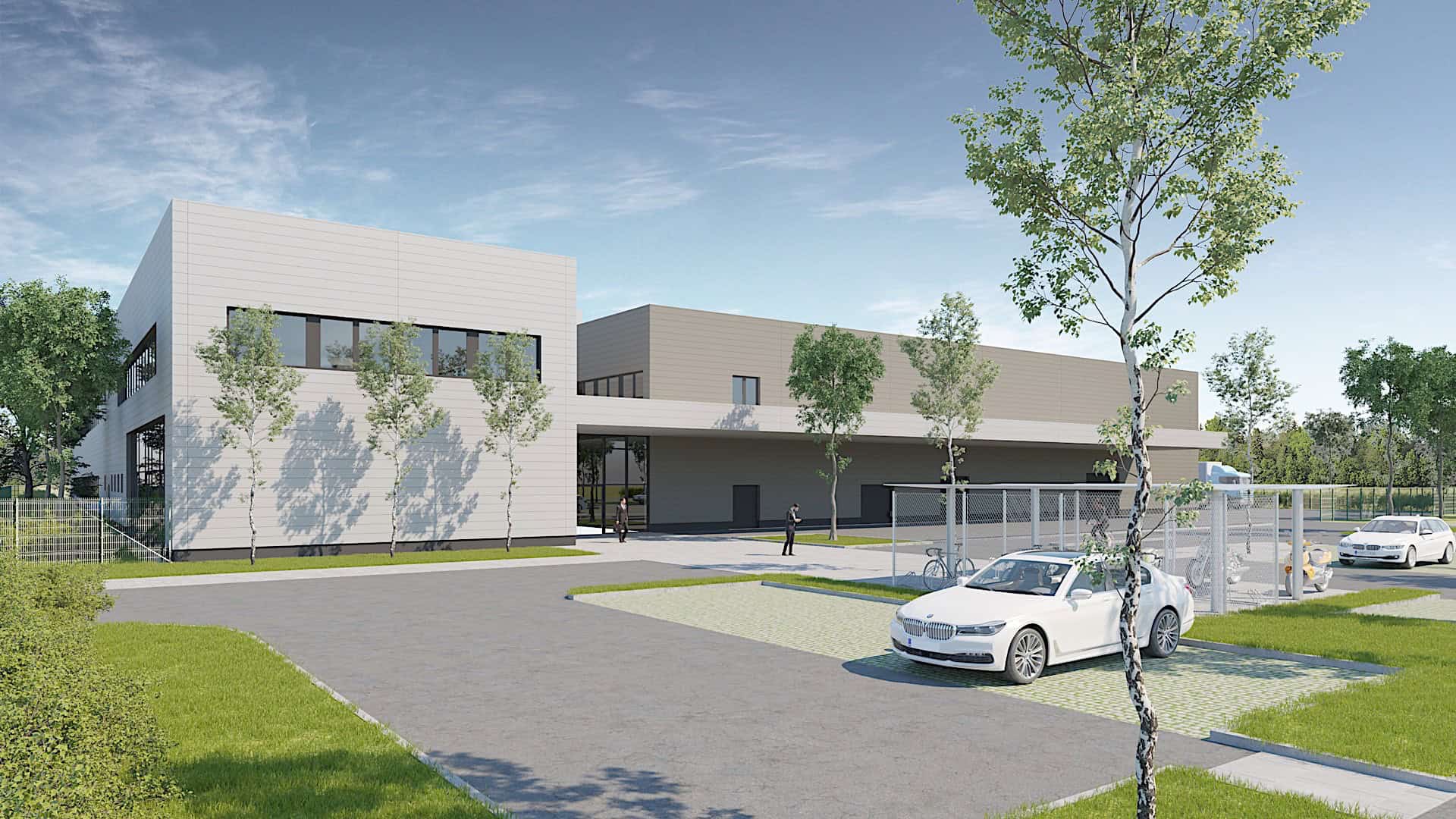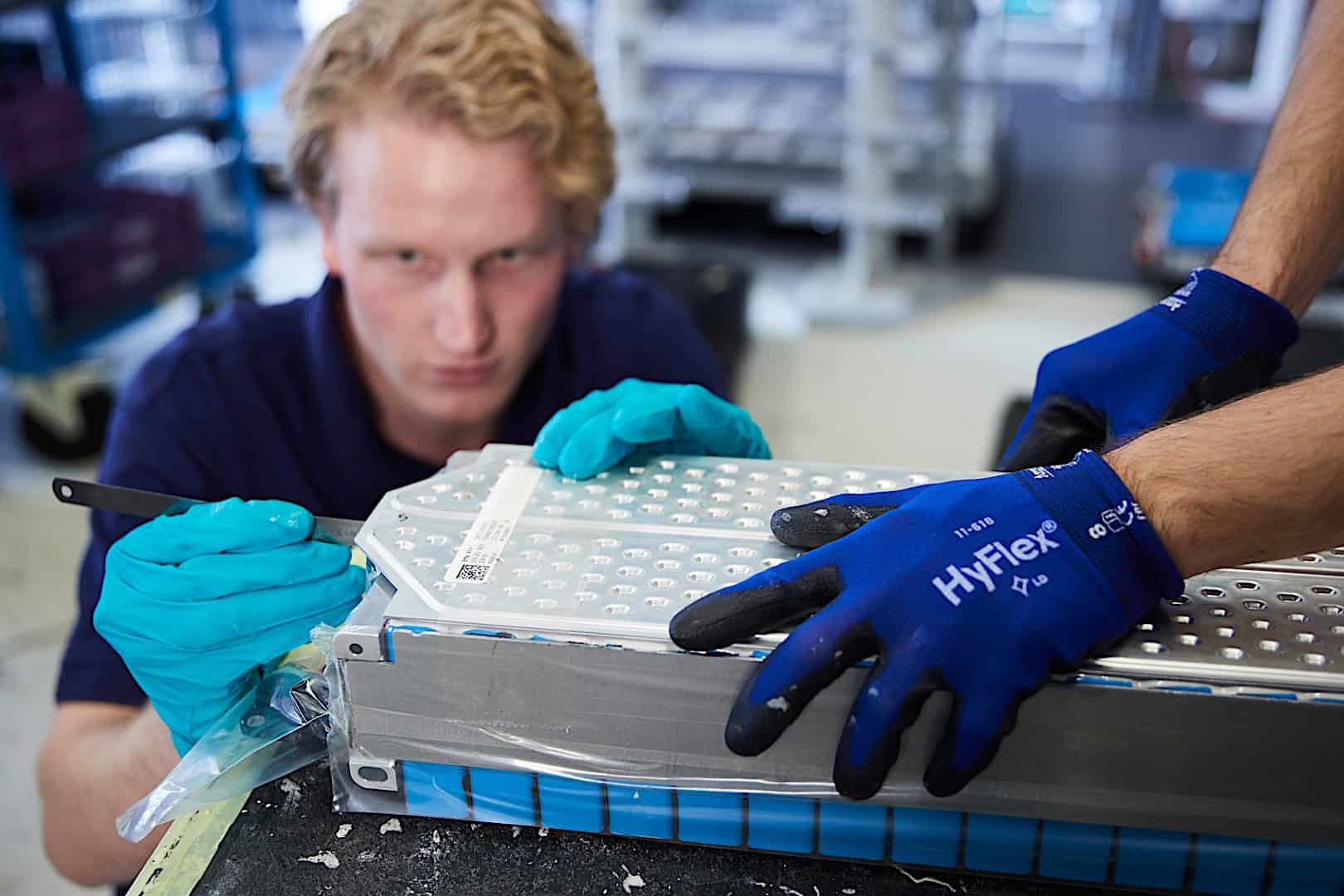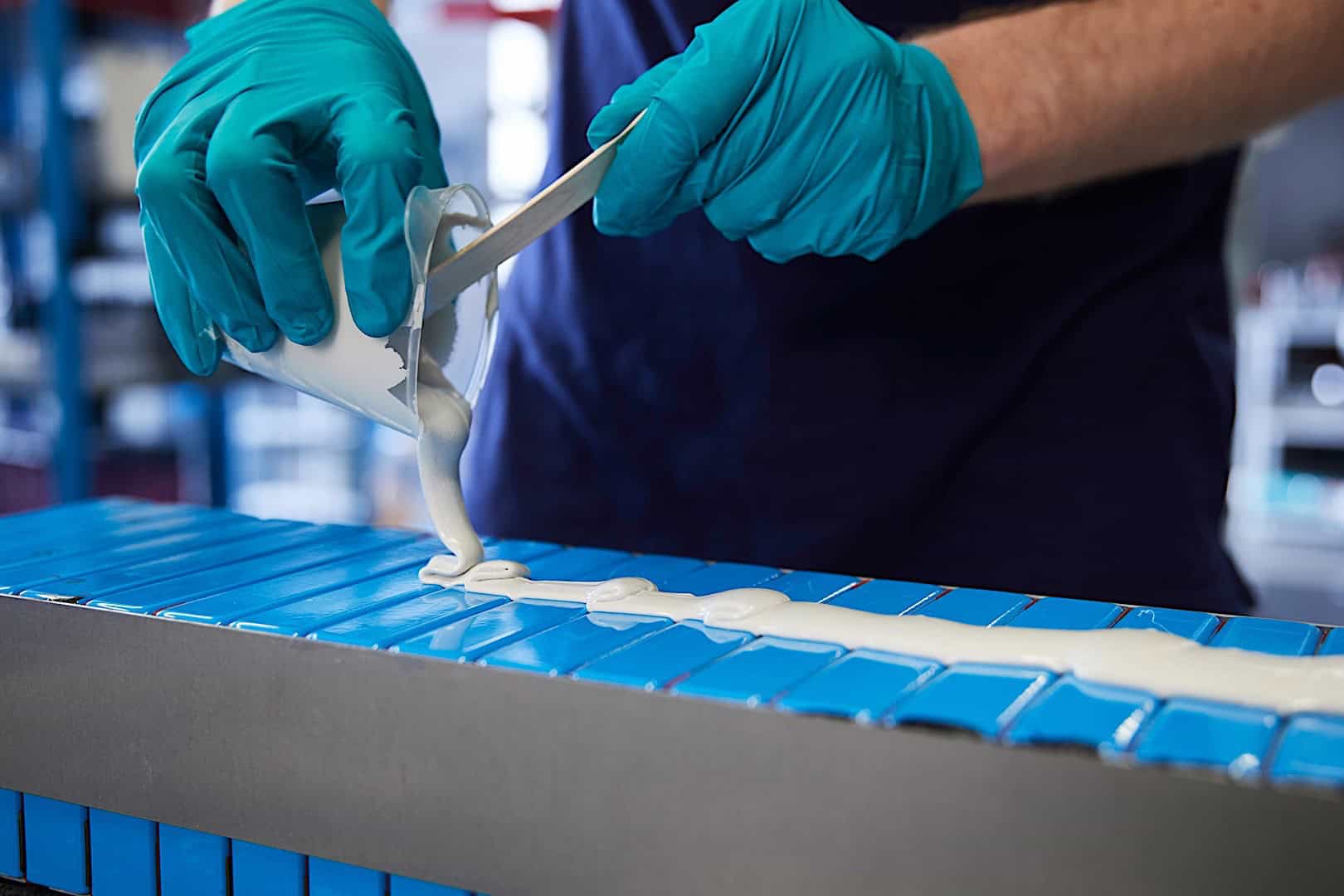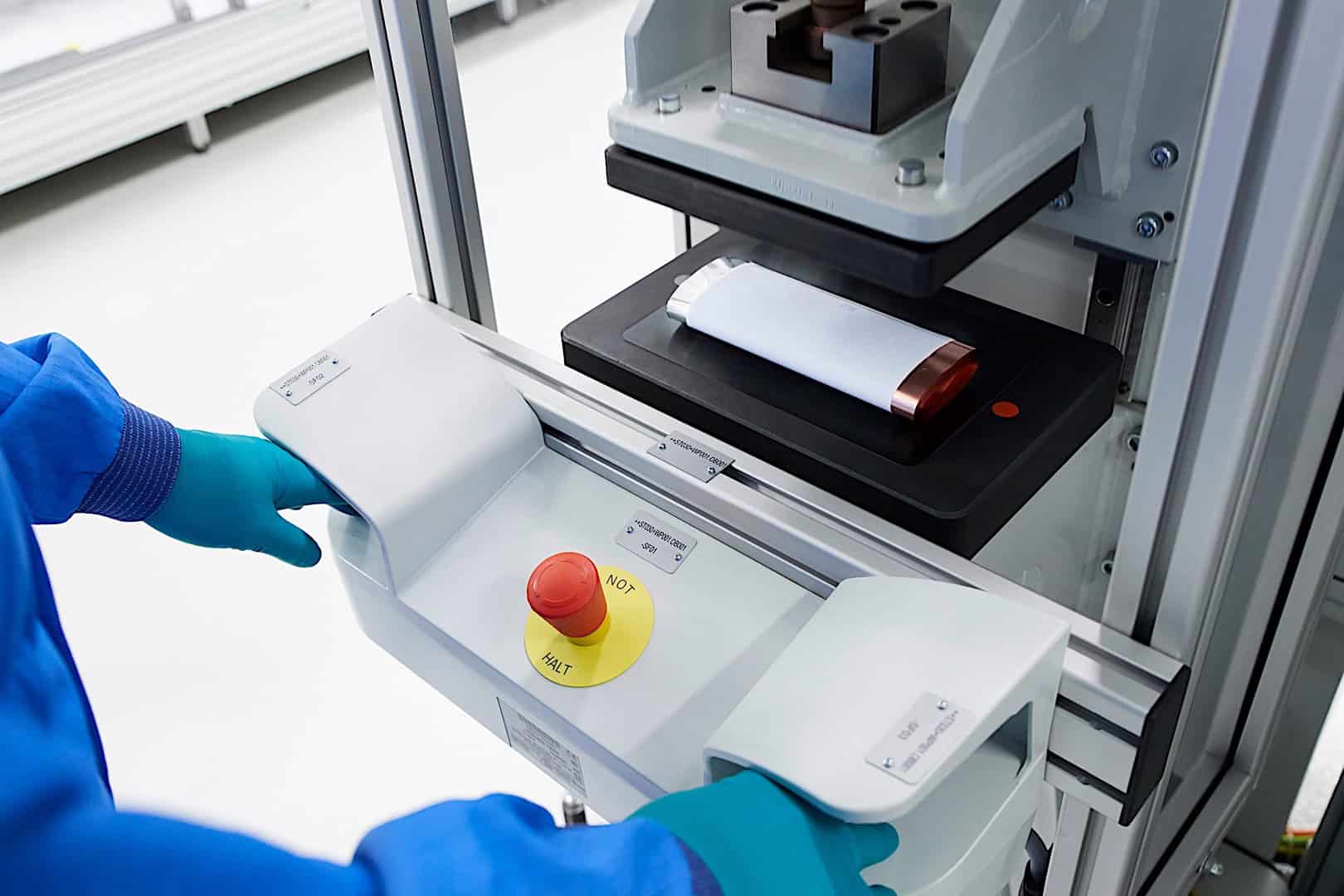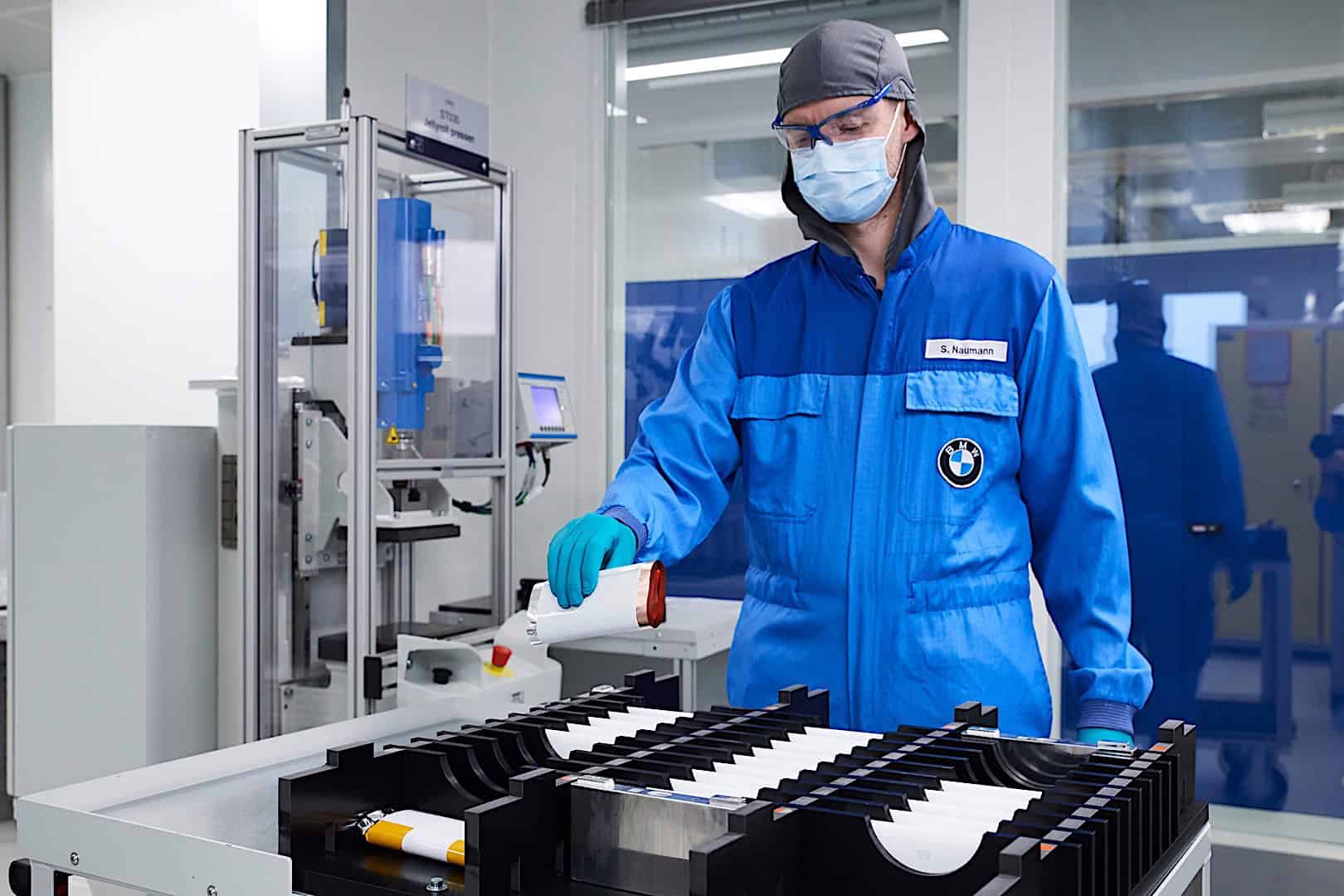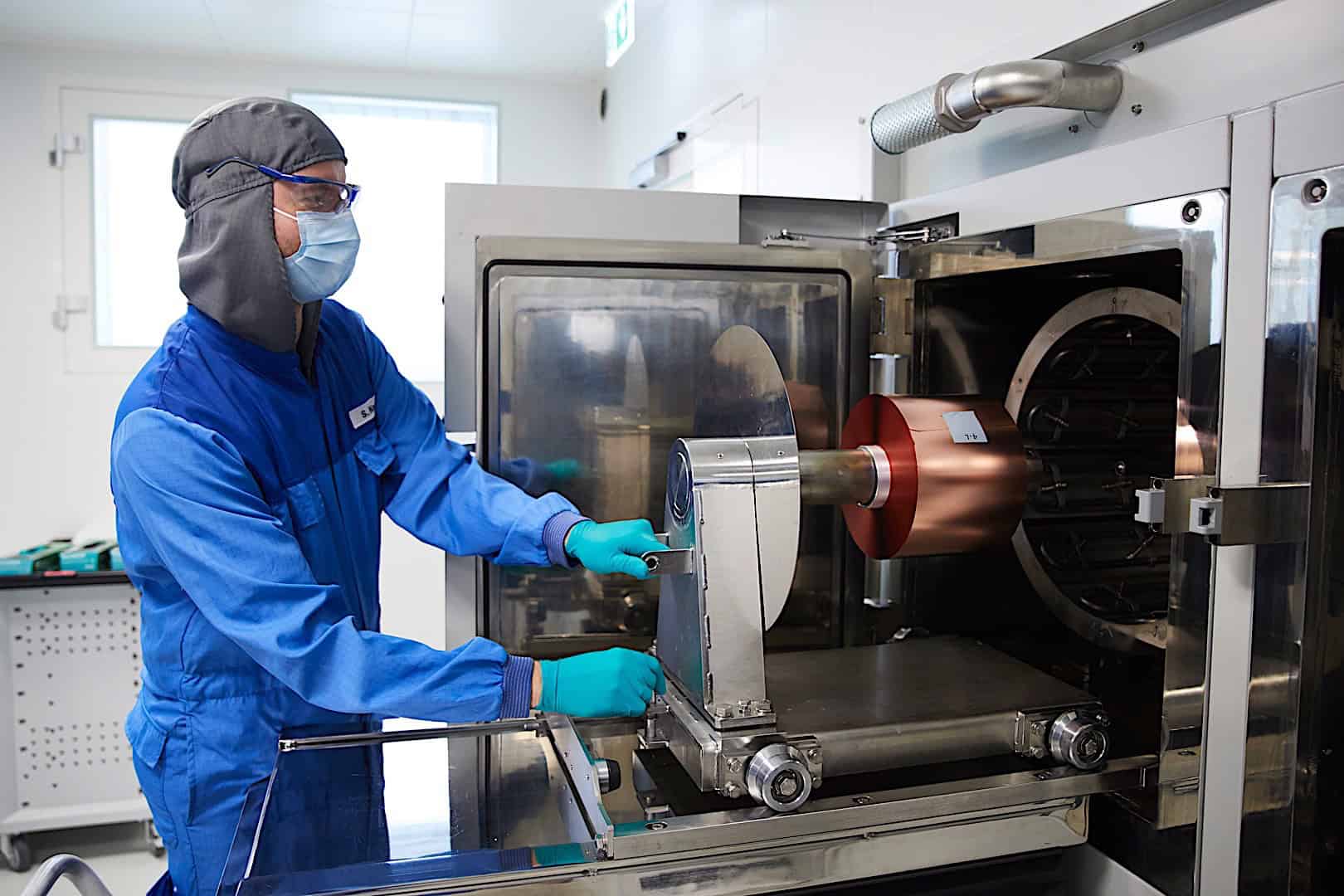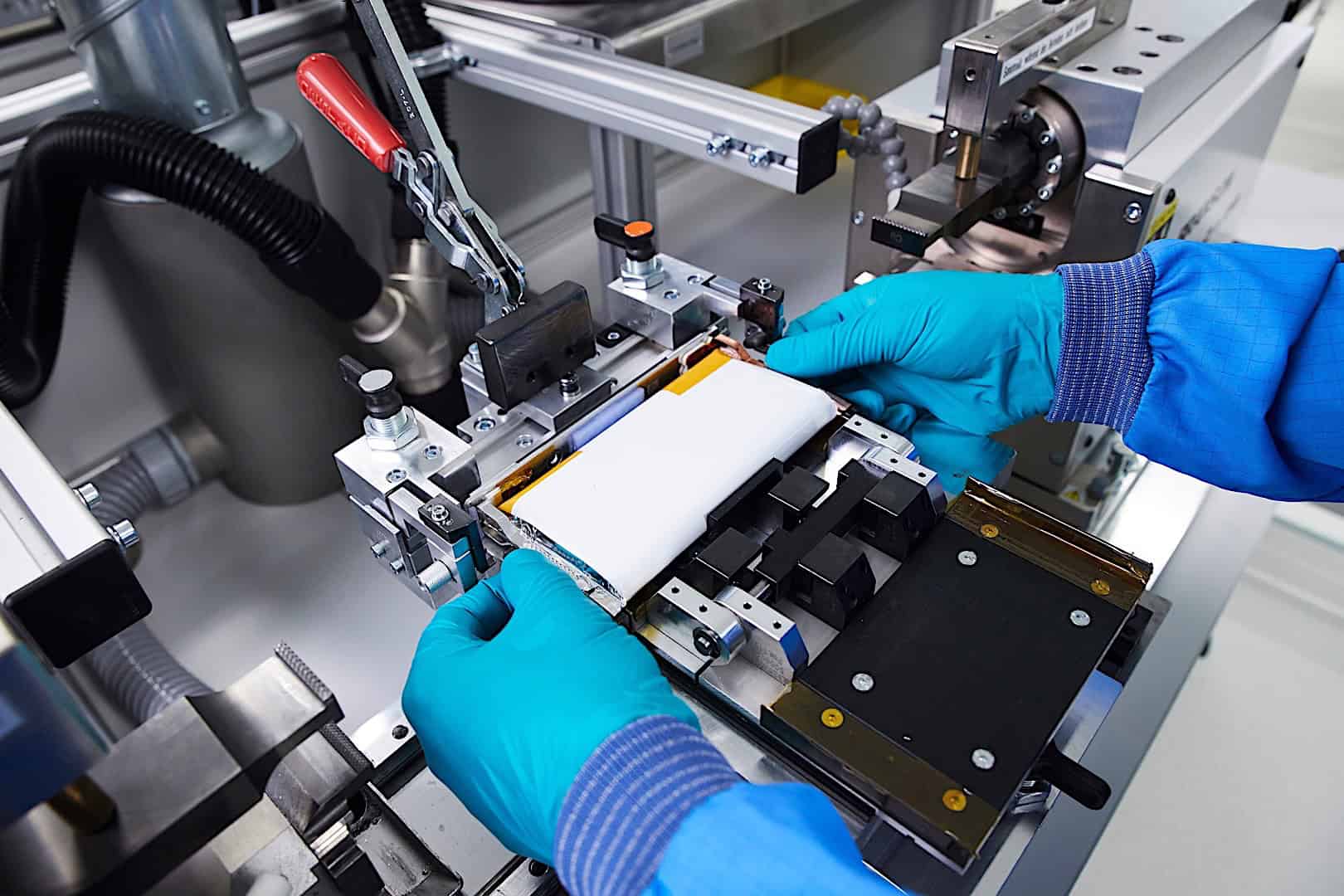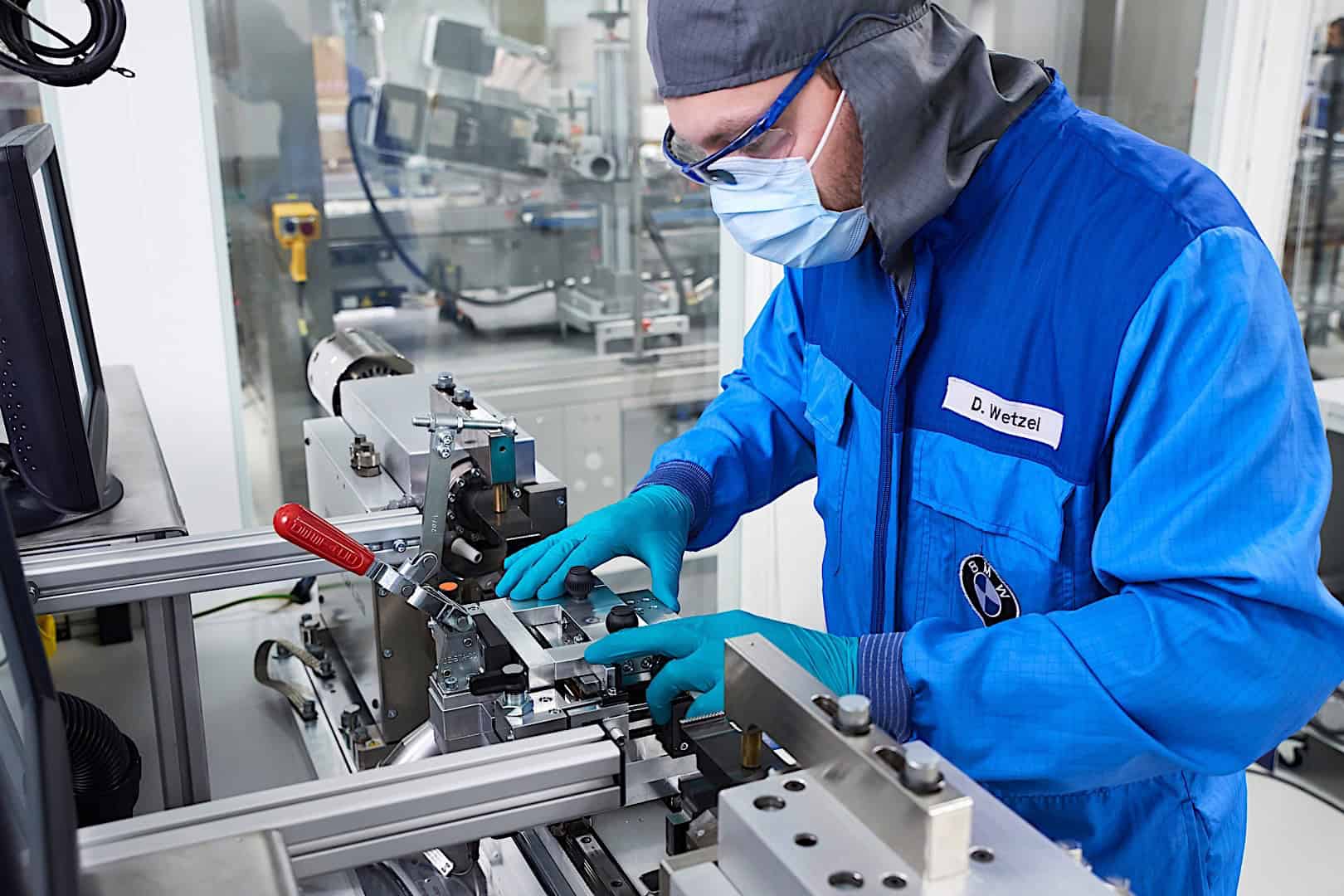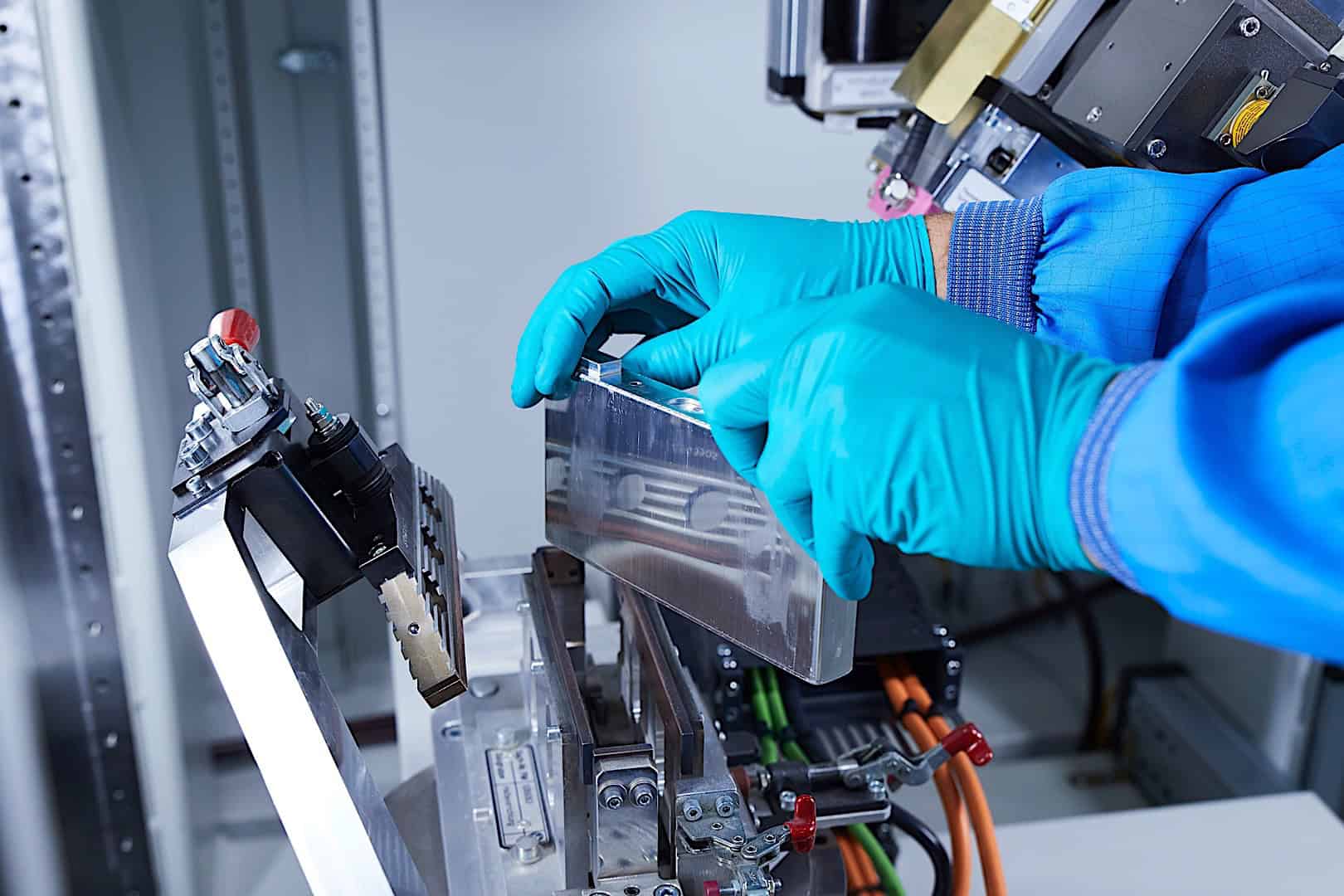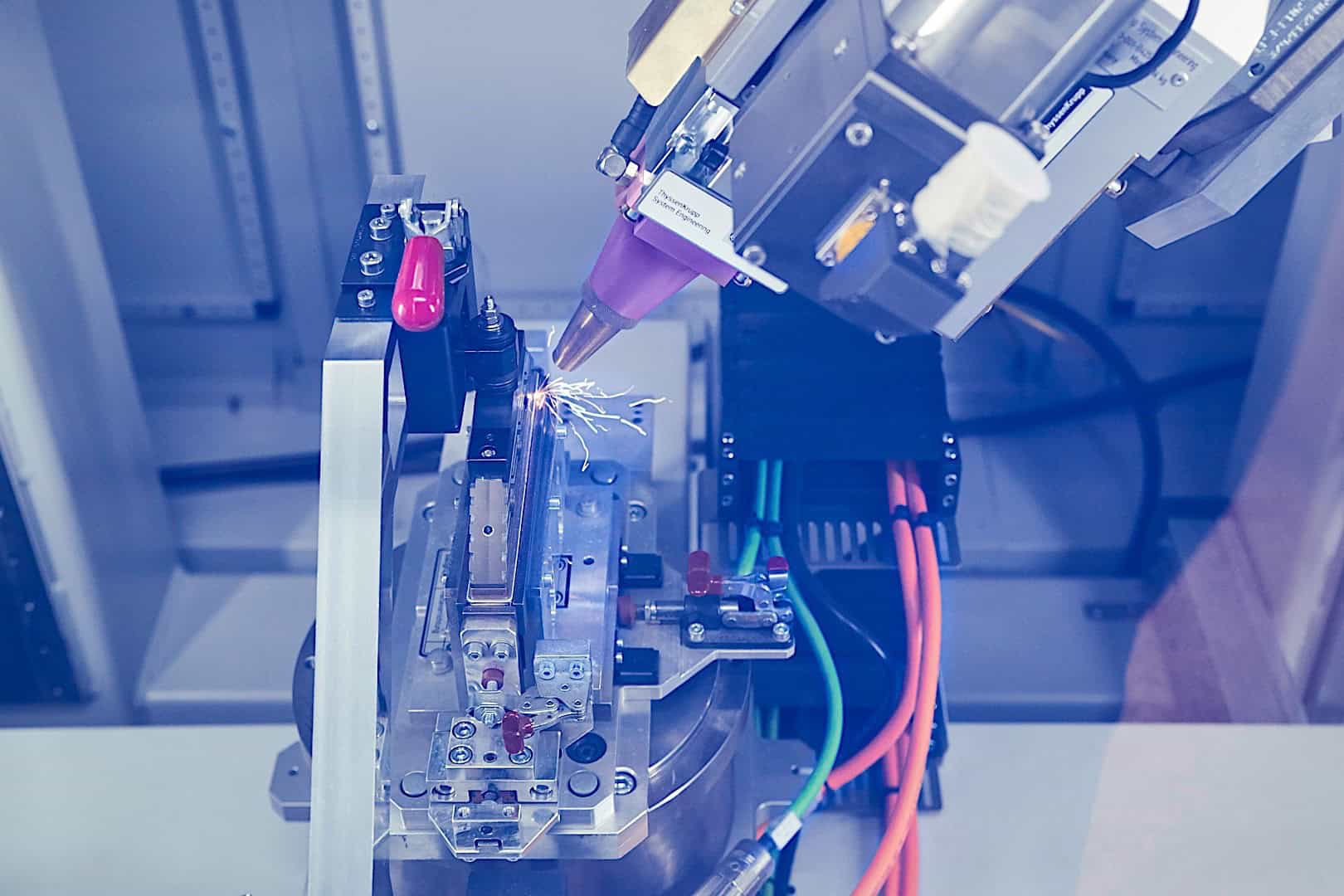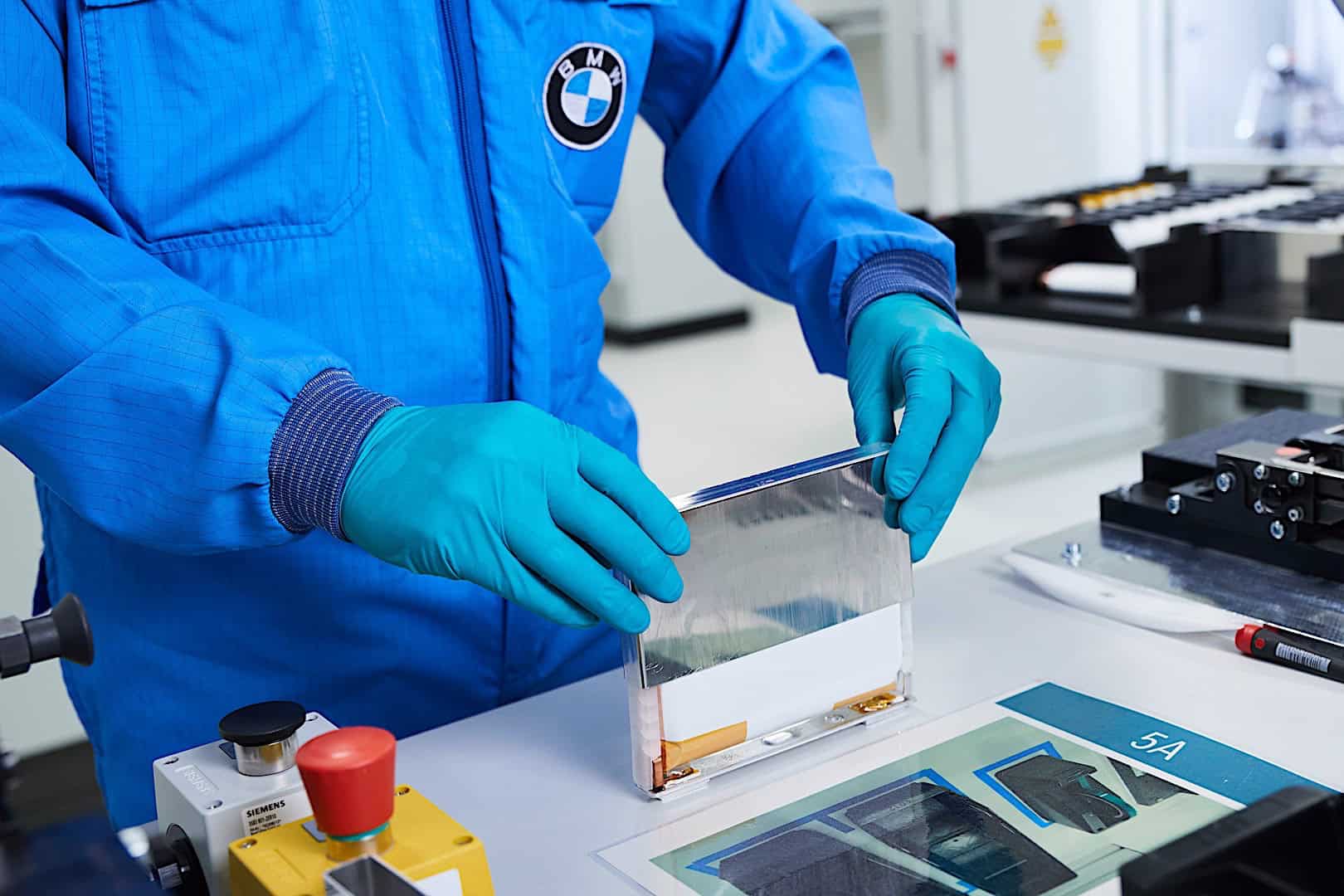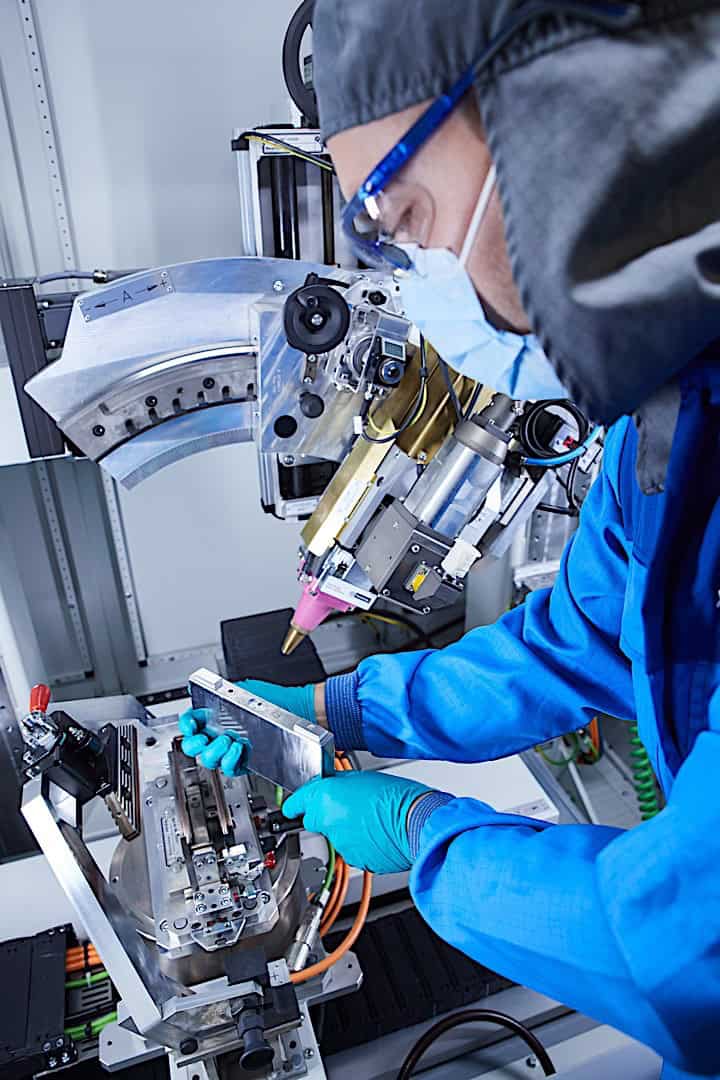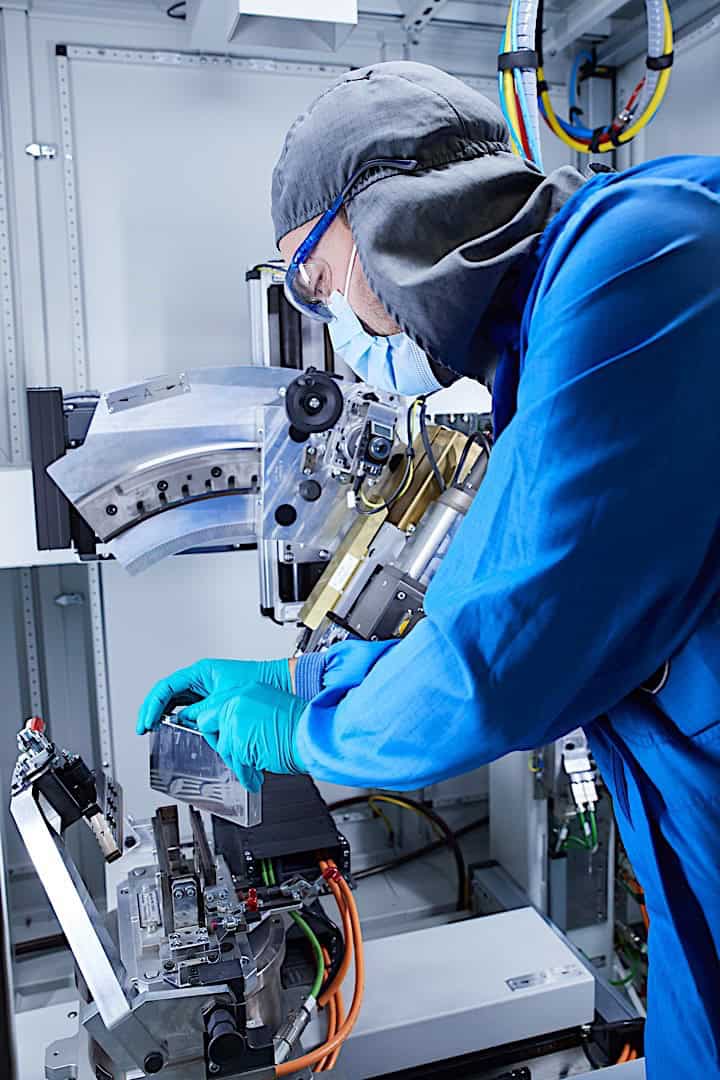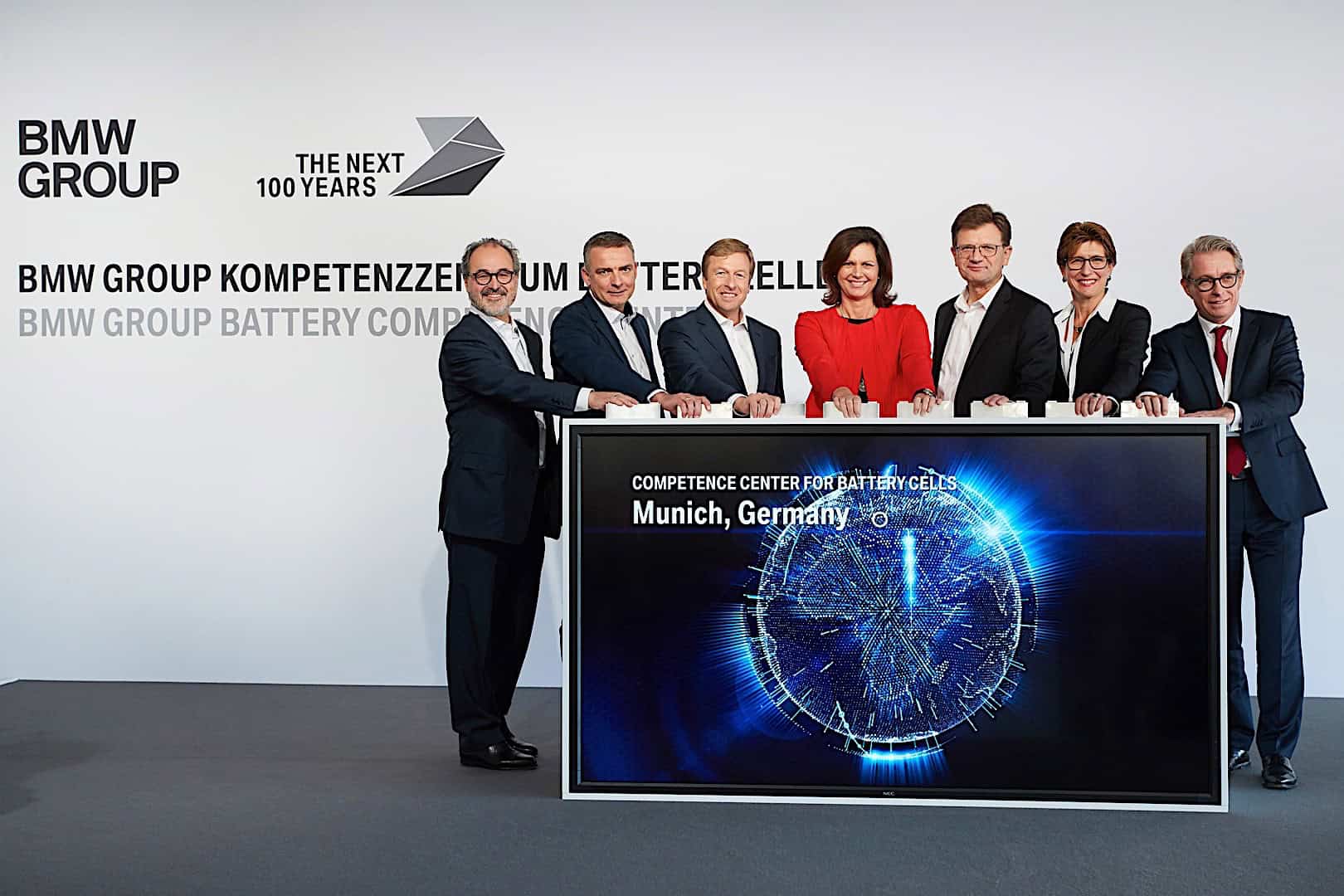Just as Tesla announced the reveal of the world’s biggest battery, traditional car makers are also making moves on the EV front. BMW announced today an investment of 200 million euros in a new battery cell competence center, aimed at developing the technology further so that sustainable transportation can be achieved in the near future. Munich will be the epicenter of BMW’s efforts and the occasion was marked by the presence of high ranking officials.
The battery cell is the heart of the battery. It determines performance, energy content, charging capabilities and lifespan, thereby making a significant contribution to the performance of an electrified vehicle. In the labs, research and prototyping facilities, which will make up the battery cell competence center, specialist departments will analyze cell design and cell technology. They will also create prototypes of future battery cells, focusing on the chemical composition of the cells, use of different materials, how the cell behaves in critical or extremely cold conditions, charging and rapid-charging behavior and evaluating cell sizes and forms.
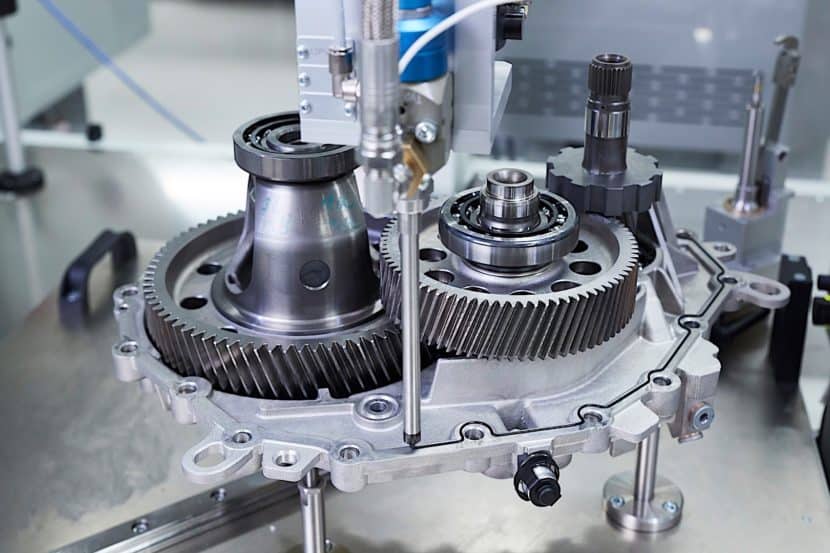 The BMW Group will also gain build-to-print expertise and can then contract out production of battery cells produced to its exact product requirements and specifications. This will help the German company develop its fifth generation of electric vehicles which are already in the works. The results will be made available to the public in 2021 when BMW hopes to unveil cars using electric motor, transmission and power electronics which are combined in a new and separate electric-drive component.
The BMW Group will also gain build-to-print expertise and can then contract out production of battery cells produced to its exact product requirements and specifications. This will help the German company develop its fifth generation of electric vehicles which are already in the works. The results will be made available to the public in 2021 when BMW hopes to unveil cars using electric motor, transmission and power electronics which are combined in a new and separate electric-drive component.
With its compact design, this integrated new component takes up significantly less space than the three separate components used in previous generations. Its modular concept means that it is also scalable and can be modified for a wide range of different packages and performance levels, increasing flexibility and making it easier to install the new electric drivetrain component in different vehicle derivatives.
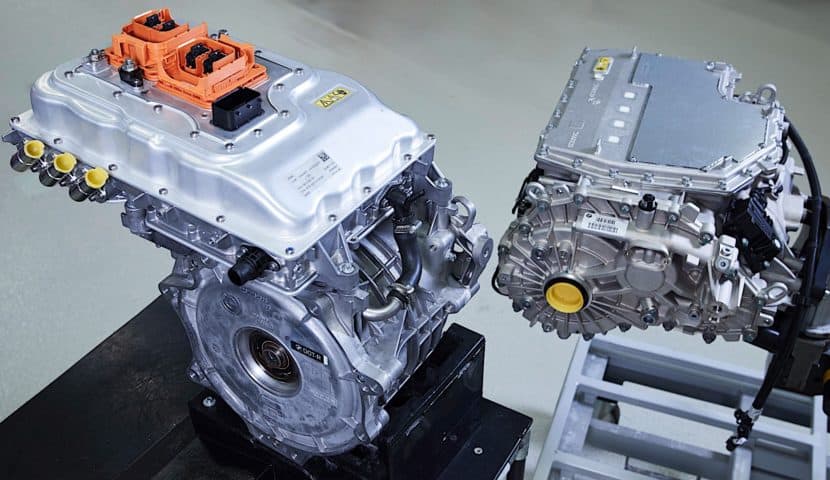 A further highlight is that the new electric motor does not require the use of rare earths, making the BMW Group no longer dependent on their availability. Thanks to further development of the battery in particular, the new electric drivetrain extends the range of pure battery-electric vehicles to up to 700 km (437.5 miles). In plug-in hybrid models, distances up to 100 kilometers are possible.
A further highlight is that the new electric motor does not require the use of rare earths, making the BMW Group no longer dependent on their availability. Thanks to further development of the battery in particular, the new electric drivetrain extends the range of pure battery-electric vehicles to up to 700 km (437.5 miles). In plug-in hybrid models, distances up to 100 kilometers are possible.
The company will invest a total of 200 million euros in the location over the next four years, creating 200 jobs. The center will open in early 2019.


